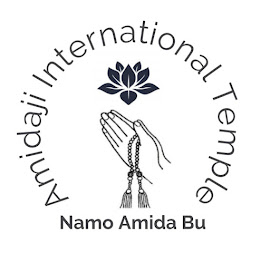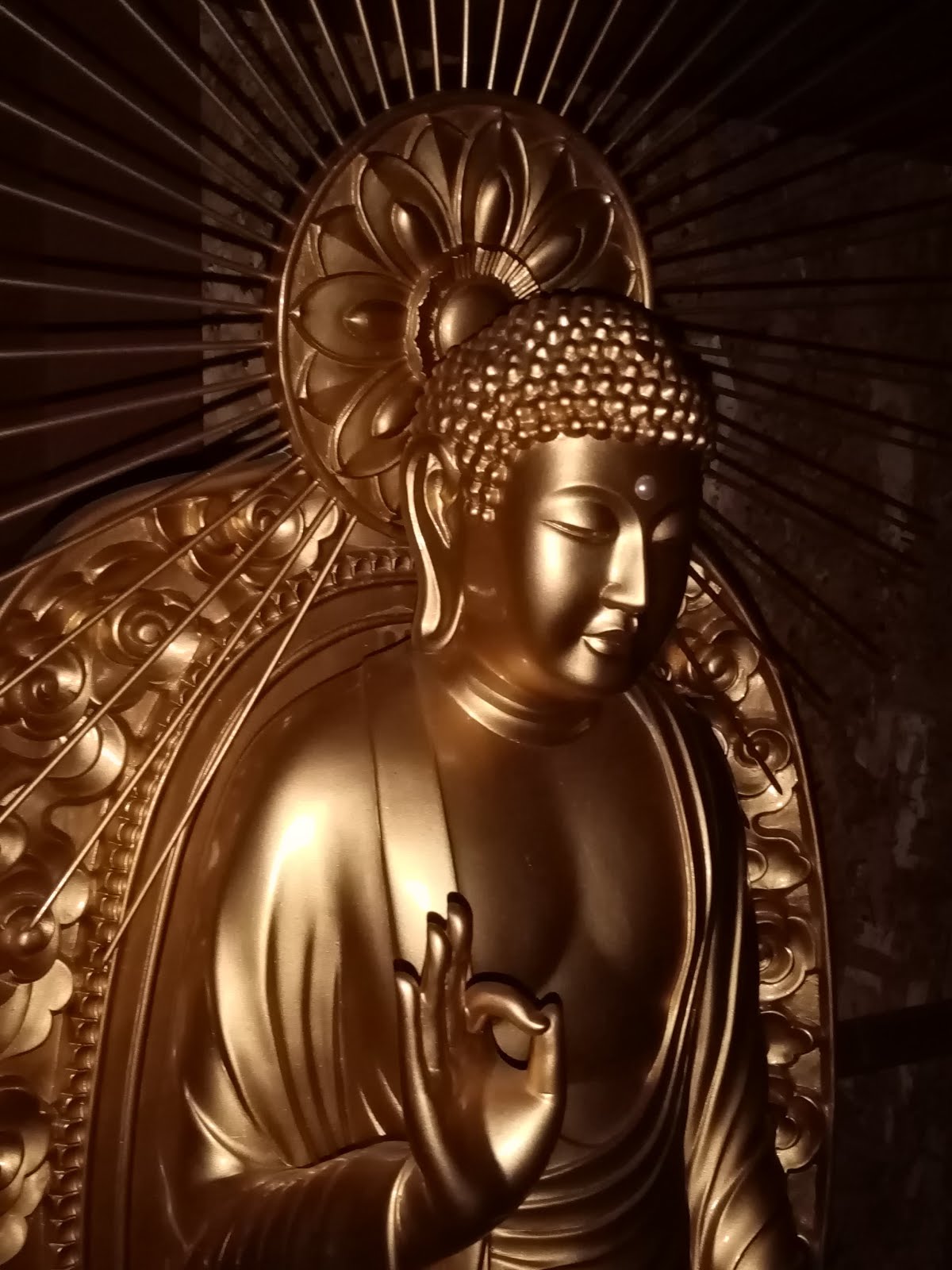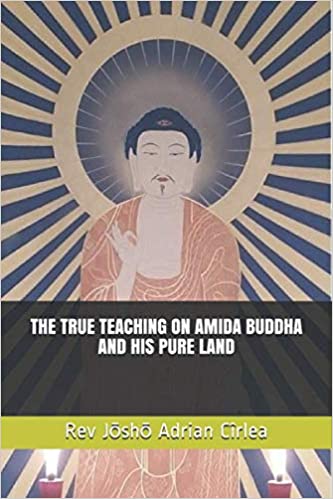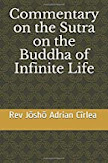- click to return to the main list of the elements of genuine faith in Amida Buddha -
For example, a person of genuine faith will not entrust to, nor rely on
the "god" of the monotheists[1] or
any other gods or spirits of various religions.
"Based
on the true intent of the Buddha’s teaching and the expositions made and
transmitted by the masters of the past, I will clarify that the path of sages
is provisional and the Pure Land path is true, and caution people against
non-Buddhist teachings, which are perverted, false, and wrong".[2]
“Those
who take refuge truly and wholeheartedly, freeing themselves from all
delusional attachments and all concern with the propitious or unpropitious,
must never take refuge in false spirits or non-Buddhist teachings.”[3]
"Here,
based on the sutras, the true and the false are determined and people are
cautioned against the wrong, false, and misleading opinions of nonbuddhist teachings:
The Nirvana Sutra states:
'If one has taken refuge in the Buddha, one must not further take refuge in various gods.'
The Nirvana Sutra states:
'If one has taken refuge in the Buddha, one must not further take refuge in various gods.'






























